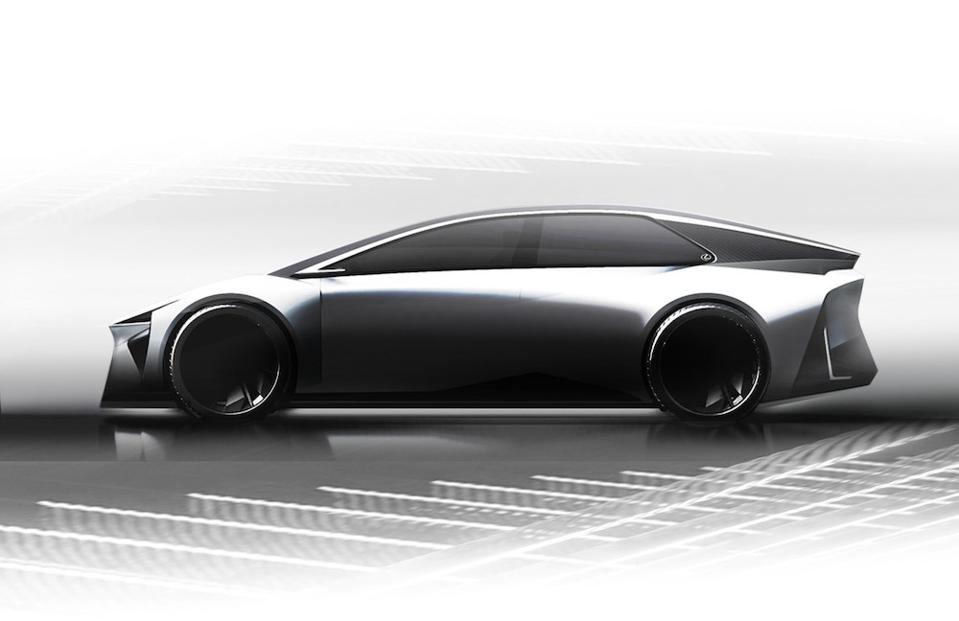Imagine an electric vehicle (EV), powered by a new solid-state battery, that could travel nearly 750 miles on one charge, last 30 years, and fully recharge in under 10 minutes. Could this be the Holy Grail of EV proliferation?
After taking a back seat on EV implementation over the last decade with only one EV (the strangely named ‘bZ4X’ SUV) in its lineup, Toyota is fixing to close the gap with Tesla by launching its new industry-busting solid-state battery technology in an expanding lineup of EVs.
Toyota was the first to launch a mass-produced gasoline-electric hybrid car—called the Prius—in 1997, and now it is working towards being the first to debut a mass-produced solid-state battery.
Toyota’s new battery range will beat the Ford Mustang Mach-E
Breaking current EV range records, the Japanese carmaker tells us that it plans to introduce an all-new battery that can deliver up to 745 miles (1200 km) of range on a single charge. The current record-holder is the Ford Mustang Mach-E that was driven 570 miles by a British team through England on a single change.
As an integral part of its decarbonization strategy, Toyota says that its new solid-state batteries could be offered in its next-gen EVs as early as 2027.
New solid-state batteries can charge in under 10 minutes
As impressive as the battery’s range, Toyota and its co-developer, Japanese petroleum giant Idemitsu Kosan, explains that these batteries were also created to address one of the biggest concerns among EV users—charging time. Japan’s No 1 automaker claims that its cutting-edge batteries can be recharged in 10 minutes or less which would do wonders to make EVs more practical and convenient for everyday use.
One other major plus for solid-state batteries is that they last longer than the current Lithium-ion variety. Solid-state batteries can last far longer than conventional lithium-ion batteries, potentially lasting for 8,000 to 10,000 charge cycles, compared to 1,500 to 2,000 cycles for the currently used lithium-ion batteries. This translates to a much longer lifespan, and a more sustainable option compared to traditional batteries.
While details from Toyota regarding battery longevity are scarce, researchers at Harvard University suggest that solid-state batteries could last for 30 years. Giving us a good idea of what to expect, researchers at Harvard’s School of Engineering and Applied Sciences (SEAS) have developed a solid-state battery that can charge in the time it takes to fill a gasoline tank while enduring three to six time more charge cycles than typical Li-ion batteries.
This is the kind of technology we can can expect to see in Toyota’s next-gen EVs when they arrive in showrooms as early as 2027.

